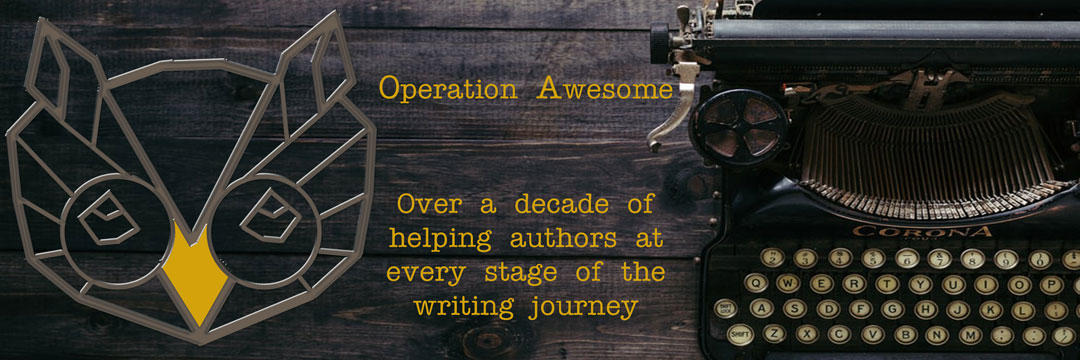Dear O'Abby,
This will probably sound like a really dumb question, but how do authors get paid? And is it different for authors who have published a bunch of books with a single publisher?
It just occurred to me that I have no idea...
Kind regards,
Curious
Dear Curious,
I don't believe any questions are dumb. If you don't know something, ask. I learned the hard way that you make really dumb mistakes if you don't!
The way authors get paid varies depending on who is paying them.
An author who sells a book to big publisher will usually receive an advance. This can be a big amount of money if the publisher believes the book has the potential to sell a lot of copies, but is usually a more modest amount. Advances tend to be paid in three tranches, the first on signing the contract, the second on delivering the final manuscript and the third on publication.
The thing with advances, is that they are payment in advance for sales that haven't happened yet. So once the book is published, you don't see any more money for that book until it has earned out - repaid the advance. And a lot of books don't end up earning out. Once the advance has been paid off, then an author will start receiving royalties. These are usually paid out every three to six months, depending on the contract.
It is important that when signing a publishing contract you understand how the royalties are paid. Some contracts specify royalties as a percentage of the gross, while others specify a percentage of the net. The net price of a book is the cover price less any costs to the publisher, so can end up being a very small amount at the end of the day. Especially if your royalty is only 5% of that.
Small presses tend not to offer advances, and therefore offer more attractive royalty rates. Most small presses I've dealt with pay around 40%-55% royalties to their authors. But once again, it's important to understand if that is gross or net. It's also important to know how often royalties get paid out. My current publisher pays quarterly, but I have worked with small presses who only pay royalties once a year.
Authors whose work is published in literary journals or anthologies are likely to receive a one-off payment for their work which will either be a set dollar amount or a per-word fee - usually around 2-5 cents per word. Which is not an excuse to get flowery with the language; an editor will likely cut any excess words pre-publication.
As far as I know, there is no difference for authors who have already published with a company. They have the advantage (or disadvantage if their book sold badly) of having an relationship with an editor and a team at that publisher, but they will still get paid based on what they sell.
Self-publishing allows authors to take a much larger share of the money from every book sale, but also puts the costs of publishing the book (editing, formatting, cover design, marketing etc) into the atuthor's hands.
I hope that helps to sate your curiousity!
X O'Abby





.jpg)







_(cropped).jpg)





.jpg)

_-_16.jpg)